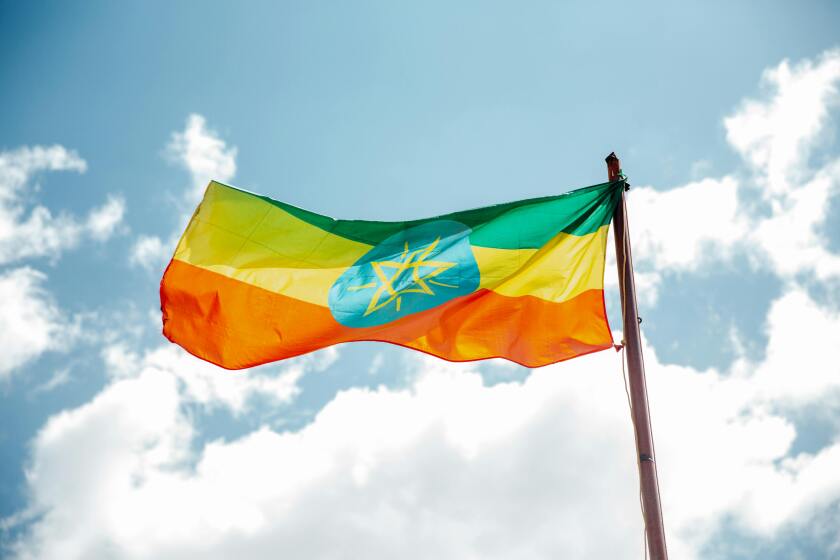On October 1 2024, Ethiopia’s Council of Ministers approved the country’s accession to the following international agreements:
The Paris Convention for the Protection of Industrial Property; and
The Protocol Relating to the Madrid Agreement Concerning the International Registration of Marks (the Madrid Protocol).
Ratification
Both agreements require ratification by the Ethiopian Federal Parliamentary Assembly. This will involve legislative reforms, and it is understood that the Ethiopian Intellectual Property Authority is working on revisions to the current intellectual property (IP) laws, in consultation with local practitioners.
A focus on the Madrid Protocol
With Ethiopia acceding to the Madrid Protocol, it is appropriate to look at this in some detail.
The basics
The Madrid Protocol makes international trademark registration simpler and cheaper. The procedure is as follows:
The trademark owner files a domestic (home) application;
The trademark owner subsequently files an application for an international registration (IR) – this application is filed with WIPO;
In the application with WIPO, the trademark owner designates the Madrid Protocol member countries that it wishes to cover;
WIPO examines the international application for formalities; and
An examination on merits (such as distinctiveness) is left to the registries of the designated countries.
African countries that have joined
A considerable number of African countries and regional organisations are members of the Madrid Protocol; namely, Algeria, Botswana, Cape Verde, Egypt, Eswatini, Gambia, Ghana, Kenya, Lesotho, Liberia, Madagascar, Malawi, Mauritius, Morocco, Mozambique, Namibia, OAPI (the regional system covering most of French-speaking Africa), Rwanda, São Tomé and Príncipe, Sierra Leone, Sudan, Tunisia, Zambia, and Zimbabwe.
African countries that have held back
Some of Africa’s largest economies have, to date, failed to sign up to the Madrid Protocol. These are Angola, Nigeria, South Africa, Tanzania, and Uganda.
International registrations are not effective everywhere
It is important to note that in Africa there are Madrid Protocol signatories where IRs are seemingly neither effective nor valid, and where they should probably be avoided; namely, Eswatini, Lesotho, Sierra Leone, and Zambia.
International registrations can be challenged in certain countries
There are Madrid Protocol signatory countries where the validity of an IR designation could be challenged; namely, Botswana, Gambia, Ghana, Kenya, Liberia, Malawi, Namibia, São Tomé and Príncipe, Tunisia, and Zimbabwe, as well as the OAPI regional system.
Positive developments
The recent developments in Ethiopia should be seen in a positive light. Ethiopia’s accession to two major IP treaties, together with the modernisation of its IP laws, should bring the country more into line with global standards.












